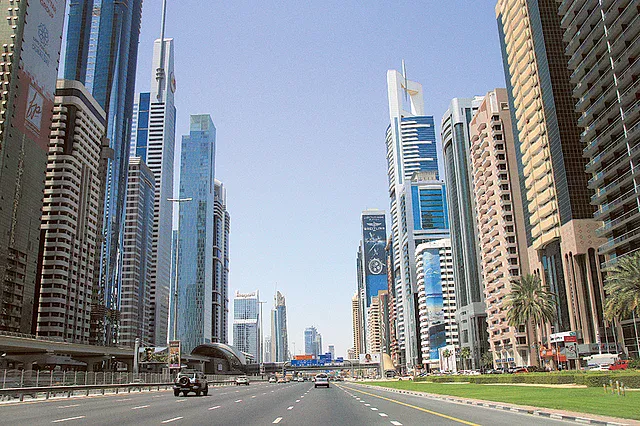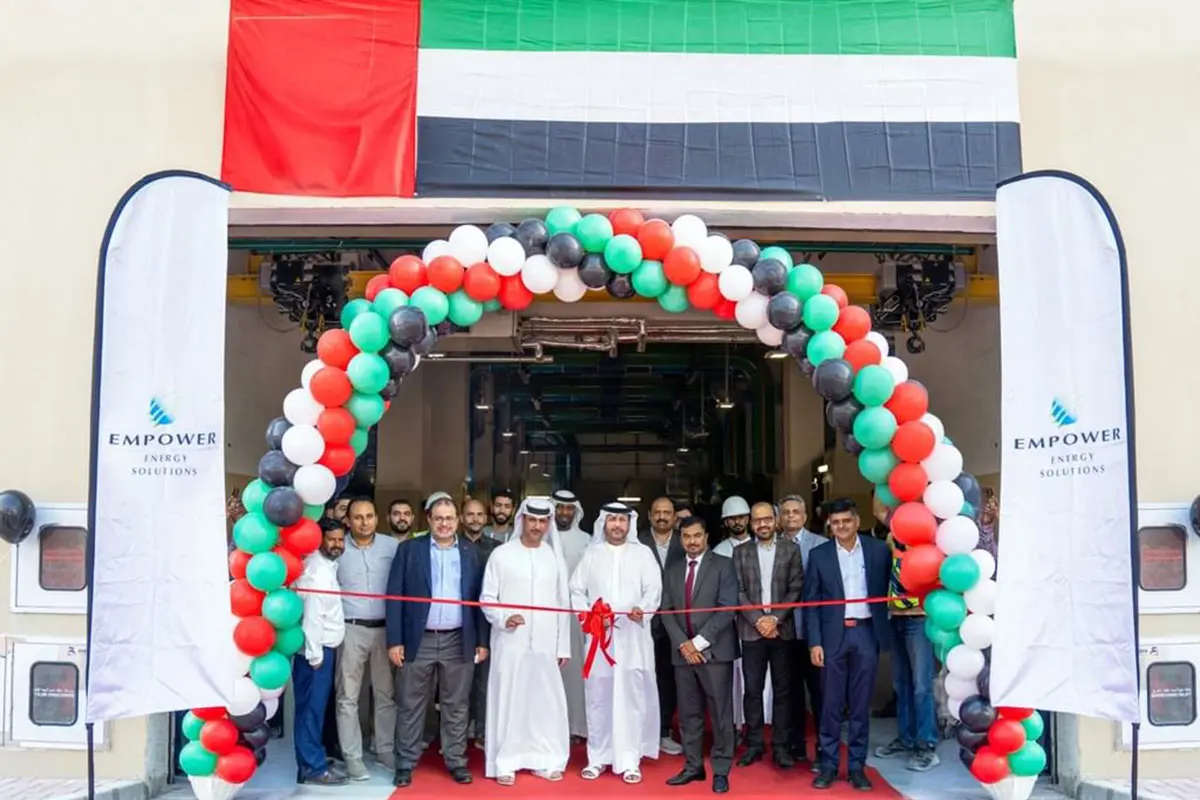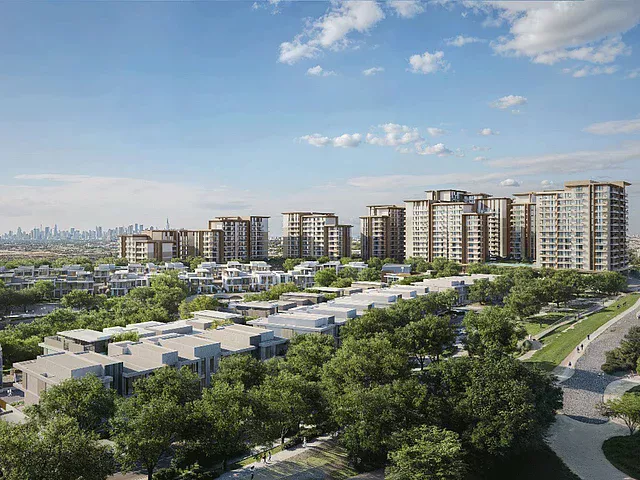Dubai’s Rental Disputes Centre (RDC) has outlined comprehensive legal grounds through which landlords can lawfully evict tenants, addressing concerns about property protection and lease enforcement in the emirate.
Senior First Instance Judge Dr. Omar Bin Suwaidan Al Suwaidi explained that landlords have recourse when tenants violate lease terms, stating: “If tenants fail to pay rent or make unauthorised structural changes, landlords are entitled to take action.”
During-Lease Eviction Grounds
The RDC recognizes several circumstances allowing eviction before lease expiry:
- Non-payment of rent: Tenants failing to pay within 30 days of receiving notice
- Unauthorized subleasing: Subleasing without written consent permits eviction of tenant and subtenant
- Illegal property use: Use for illegal activities or in violation of public order
- Commercial vacancy: Unoccupied commercial properties for 30 consecutive or 90 non-consecutive days within a year
- Property damage: Significant alterations or negligent acts causing harm
- Lease breach: Failure to comply with terms within 30 days of notice
- Urban development: Authority-mandated demolition or reconstruction
Landlords must notify tenants through a Notary Public or registered mail for these evictions.
Post-Lease Eviction Provisions
After lease expiry, landlords may evict tenants for property demolition, renovation requirements, personal use, or planned sale. Post-lease evictions require at least 12 months’ notice delivered through official channels.
The RDC emphasizes that while safeguarding tenants from arbitrary eviction, it equally protects landlord rights when breaches occur. Regional property markets continue to demonstrate strength, underscoring the importance of clear legal frameworks for investment protection.
Landlord Obligations and Digital Support
Landlords retain responsibility for maintaining properties to municipal standards. The RDC can compel action if reported maintenance issues remain unresolved.
To facilitate efficient dispute resolution, the centre provides digital tools including online complaints, remote hearings, and real-time case tracking—enabling landlords, particularly those abroad, to manage disputes without physical visits.
Dr Al Suwaidi emphasized: “Awareness of legal protections ensures landlords are not powerless, while tenants also receive fair treatment.” This balanced approach reflects Dubai’s commitment to sustainable rental market stability, supporting both premium residential developments and investor confidence in the emirate’s property sector.






